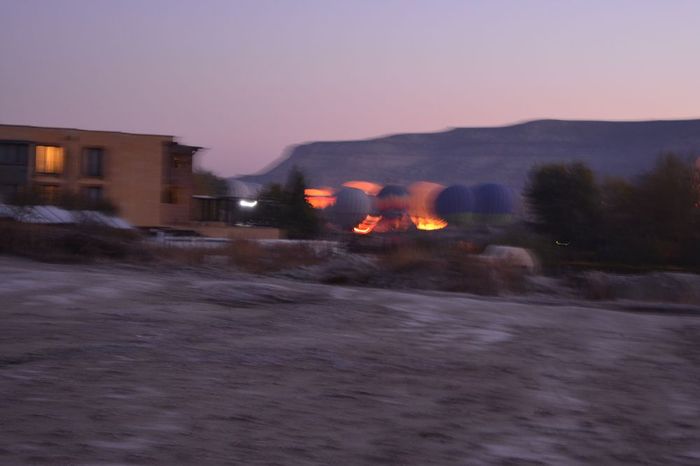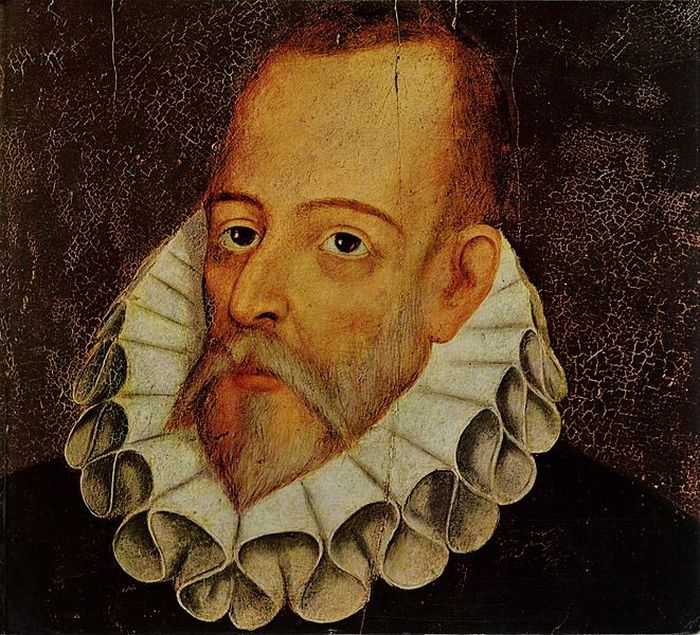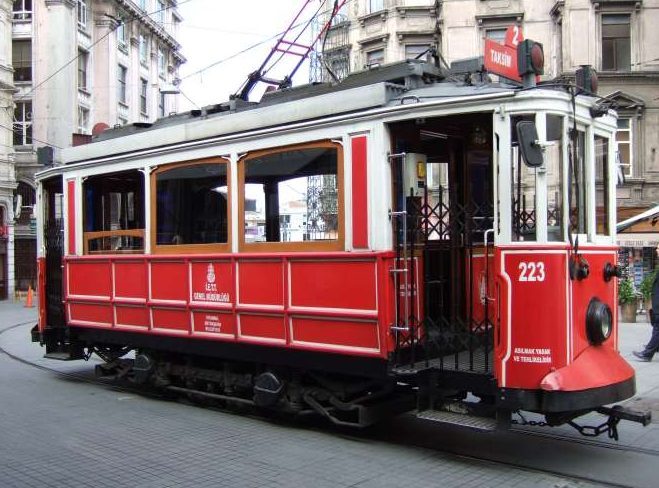Shortly Neantzes approached the Emperor and dismounting from his horse, asked him for another, and the Emperor at once gave him one of the picked horses with a royal saddle-cloth. Neantzes mounted it and when the armies began to move to the encounter made a pretence of riding against the Scythians but turned the point of his spear backwards against our men, and went over to his countrymen and gave them much information about the Emperor’s army.
A stream flowing close to Rusium
They followed his suggestion and engaged in a fierce battle with the Emperor whose army was utterly routed. On seeing the lines all broken and the men scattered in flight the Emperor was perturbed but decided not to endanger himself senselessly, and therefore turned his horse’s head and rode to a stream flowing close to Rusium.
Here he drew rein and with a few chiefs continued the fight as far as possible against his pursuers, making sorties against them and killing many and occasionally getting wounded himself. When George, called Pyrrhus, reached the river from another direction in his flight, the Emperor upbraided him and called him to his side. Noticing the headlong recklessness of the Scythians, and how their numbers increased hourly, for other parties kept coming to their assistance, he left George there with the rest and bade them keep up a faint resistance to them until he himself returned.
Then he quickly wheeled round his horse, crossed the river and rode into Rusium; there he collected the fugitive soldiers he found, and all the natives of military age and even the peasants themselves, with their carts, and ordered them to come out with all haste and take their stand along the river-bank. This was done more quickly than one can tell and after arranging them in files he crossed the river again and rode back to George, and this in spite of suffering so from quartan fever that his teeth were chattering with cold.
The whole Scythian army had now been gathered together, but when they saw the twofold army and the Emperor’s great exertions, and remembered his love of danger and his unwavering spirit in victory or defeat, they felt they could not sustain his attack and consequently remained quiet and did not hazard an engagement with him. The Emperor, partly because he was distressed by his chill and partly because the scattered soldiery had not yet all returned, also stood still, only passing along the lines sometimes, riding at a slow pace and shewing them a bold front.
Read More about The Lay of Hildebrand part 1








